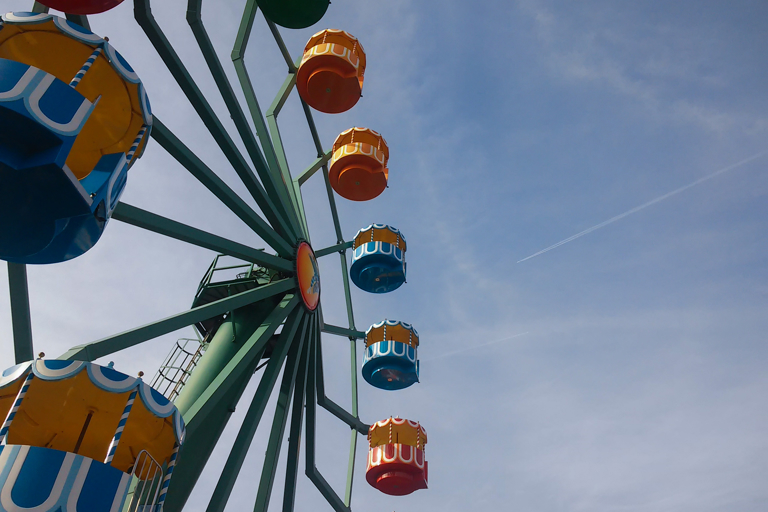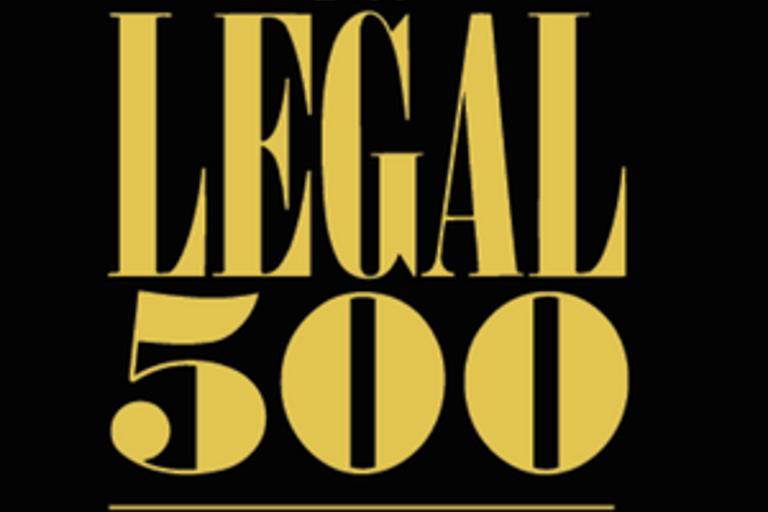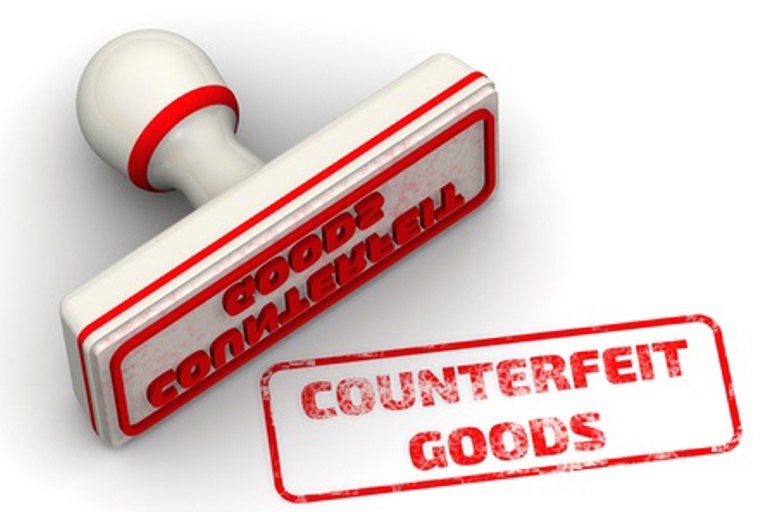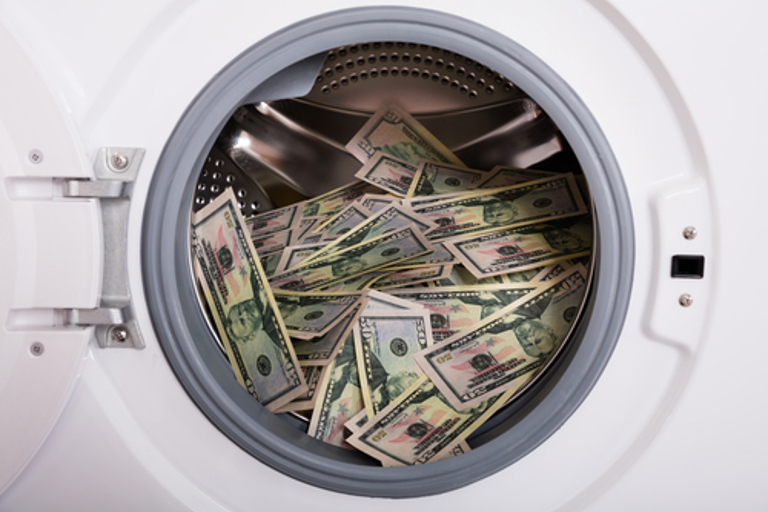
End of the ride: Dutch theme park intercepts counterfeit vouchers
15 December 2021
Key summary
Dutch theme park Julianatoren intercepted counterfeit vouchers on e-commerce platform Marktplaats.nl and brought the case before the District Court in Arhem. The Court found the counterfeiter liable for copyright infringement and awarded reputational damages to the plaintiff.
Key facts of the case:
- The Court held that the defendant had deceived consumers by selling invalid homemade vouchers
- The Court also held that the defendant infringed upon the copyrights related to the original design of the Julianatoren voucher
- The Court awarded reputational damages of 0.002% of the yearly marketing investment of the plaintiff (estimated at € 1,000,0000) – amounting to € 2,000
- This decision is significant because almost all claims for reputational damages are denied in the Netherlands
Read full analysis by Gie van den Broek, Attorney at Netherlands-based law firm LXA, below.
Introduction
Theme park Julianatoren in Apeldoorn, Netherlands, offers family vouchers for visitors which are valid for one year. In 2019 the price for a voucher was €237.
In 2018, Julianatoren noticed that low priced non-genuine vouchers were offered for sale on e-commerce marketplace Marktplaats.nl. An investigation revealed the identity of the individual behind the non-genuine vouchers and Theme Park Julianatoren initiated proceedings on the merits.
Decision from District Court in Arhem
In November 2021, the District Court in Arnhem rendered its decision, with potentially very significant ramifications[1].
The District Court held that the defendant had not only acted wrongfully towards the consumer by selling invalid homemade vouchers but also had infringed upon the copyrights related to the original design of the Julianatoren voucher which they had copied.
The District Court awarded all claims, including reputational damages of 0.002% of the yearly marketing investment of the plaintiff (estimated at €1,000,0000) to ‘maintain its good reputation’ - amounting to €2,000. This decision is particularly interesting because, while the Dutch legal framework enables IP-owners to claim reputational damages, in practice almost all claims for reputational damages are denied.
The District Court also ruled that public buying on Marktplaats.nl may be expected to be cautious.
Although Julianatoren suffered damage, this does not mean that Julianatoren was obliged to fully compensate the affected buyers of counterfeited vouchers.
The District Court ruled under point 5.13. that it is a well-known fact that buying a voucher/entrance ticket/ticket on marktplaats.nl for a considerably lower amount (in this case sometimes even for € 100.00 and thus 40% less) than the actual value there is a risk that such a voucher is counterfeit. It is very conceivable that Julianatoren wanted to meet the buyers of the counterfeited vouchers, not to disappoint them (and especially the children) and to prevent its good name and reputation (also via social media) being affected.
However, Julianatoren could also have chosen to offer the buyers of the counterfeit vouchers one (or two) day ticket(s) or to reimburse the amount paid for the counterfeit voucher. The District Court is therefore of the opinion that an amount of €150.00 per false voucher can be awarded, which means that an amount of 50 x € 150.00 = € 7,500.00 will be awarded on this point.
Ramifications
The rollercoaster came to a full stop. Two important usable insights the District Court decided in the verdict. 1) reputational damages can under certain circumstances be calculated by expressing a percentage (i.c. 0.002 %) on the marketing budget of the IP right owner, and 2) consumers on Marktplaats.nl have to bear in mind that when the price seems too good to be true it probably is.
Although the decision came from a lower court, it may pave the way for future victims of IP infringement to successfully claim reputation damages in the Netherlands.
[1] https://deeplink.rechtspraak.nl/uitspraak?id=ECLI:NL:RBGEL:2021:5968
Want to know more? Please contact:

HOW THE DSA SHAPES RECOMMENDER SYSTEMS

Post Now, Pay Later: Sued for Posting a Photo of Yourself

LXA ATTORNEYS ACCOMPANIES RECORD NUMBER OF TRANSACTIONS IN 2024

LXA Attorney Gie van den Broek has contributed to the October 2024 ECTA Bulletin report

LXA Attorneys Joins Unifab’s College of Experts

Post-Brexit exhaustion of trademark rights: what you need to know!

LXA wins lawsuit against counterfeiters for Coty

Team franchise Exclusive Contributor 2023 Legal 500

Amsterdam Criminal Court Rules Against Counterfeiters Accused of Habitual Money Laundering (1)

